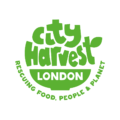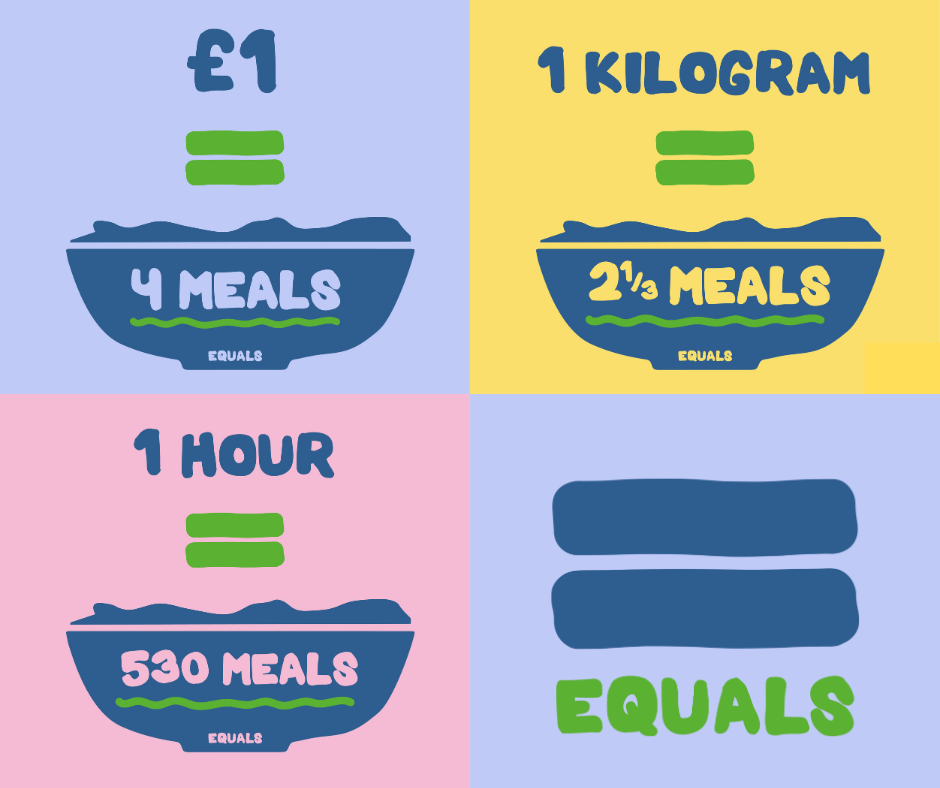The sustainability tool that’s good for communities and for businesses.
by Jeremy Perl
When you first learn to paraglide, you’re taught to pick a target on the horizon and to run smoothly towards it until you take off. ‘Always look at where you want to go’. I come back to these basic instructions every time I go out there.
Focus on the target, keep a steady pace.
In my years as a paraglider, I’ve had plenty of time to admire the incredible beauty of the world below me, and to remember that I have a responsibility to protect it.
It struck me recently that sustainability efforts and paragliding have quite a bit in common. Both taught me that the horizon is closer than it appears; that we have to keep our eyes on the target; and if we don’t take the reality of what we’re doing seriously, the consequences couldn’t be graver.
Climate change and food waste
When it comes to reducing emissions, there are still so many areas that both businesses and consumers need to learn to navigate. The problem of having more food than we can eat is one of them. With Food Waste Action Week running this month, I wanted to address the impact it has on the climate.
The UK throws away around 9.5 million tonnes of food waste in a single year. When food breaks down in landfill it releases harmful gases. About 8-10% of the world’s emissions are because of food waste.
No one wants to waste food. But businesses need to offer their customers choice. And there will always be some mismatches between supply and demand.
So what can businesses do? It comes back to focussing on the target, to ‘always looking at where you want to go’. The point of food is to feed people. If one group of people didn’t eat your perfectly good food, the next step should be to try another, not to lose sight of the original purpose of food entirely. That makes the answer simple: donate.
If businesses are scared of losing out financially, I have great news: donating surplus food to a registered charity is as good for people as it is for profit.
Donating surplus food to registered charities
With our roots in agriculture that serves people and protects the planet, Rabobank is built on cooperative values. We’re always looking for opportunities to improve our sustainability efforts. Working with organisations that uplift communities and respect the environment is so important. Both to my team at Rabobank and to me personally. That’s why I was delighted when food waste charity City Harvest asked me to sit on their Food Council to help bring attention to the problem of food waste in the UK.
City Harvest’s mission is: ‘Rescuing Food, People and Planet’. They collect surplus food from businesses and then deliver this free food to children’s programmes, food banks, domestic violence shelters, refugee programmes, and community groups. Rabobank is really pleased to be supporting City Harvest as a long-term strategic partner. Being able to volunteer as food waste heroes has had a really positive impact on my colleagues – helping them to drive awareness of the issue in their own communities.
City Harvest is responsible for over one million meals a month – served to people that would have otherwise gone hungry. So the benefit to the community is clear. But I’ve seen the difference this can make for businesses’ bottom line too. Businesses that make an effort to operate responsibly outperform competitors who don’t. Consumers are increasingly insisting that their products come from responsible providers. 83% of consumers think that companies should be actively shaping ESG best practices. 76% of people across the UK agree that food waste is an important national issue. In fact, UK consumers are more worried about food waste than they are about sugar.
Leading businesses realise this and that is why Nando’s, Amazon Fresh, Costco, Ikea, M&S, and many others have all trusted City Harvest to take care or their surplus food. Whole Foods Market gave City Harvest 74 tonnes of surplus food in 2022 alone. That is 74 tonnes of food that did not turn into waste and produce greenhouse emissions.
Essentially, giving City Harvest surplus food means that businesses have none of the environmental or logistical headaches, and all of the reputational benefit.
And a good reputation is worth so much more than simply shifting more product. Our world is totally interconnected now. Businesses need a good reputation, like a paragliding pilot needs a paraglider. Running off a cliff without one simply won’t work. Organisations across industries are holding each other accountable to safeguard the Earth we must all continue to live on.
Financing is a great example. ESG markers increasingly matter when it comes to lending. Financial service providers are keen to work with clients who are behaving responsibly and many offer support and incentives to help businesses meet their ESG targets. At Rabobank, our business clients can get support from a sustainability co-ordinator that will work with them to set targets to meet over time. As these targets are met, we reduce the cost of their funding.
Focus on the target, keep a steady pace
Once food becomes surplus food, there is no undo button. But choosing the right approach to dealing with surplus food can have a profoundly positive impact on our world and for our communities.
If your business is looking to reduce your food waste emissions, setting things up with City Harvest couldn’t be simpler. Go to their donation page or send them an email at food@cityharvest.org.uk. With a single partnership, you can steadily work towards your sustainability targets every single time you have food left over at the end of the day. Before you know it, you’ll be soaring towards carbon neutral.


